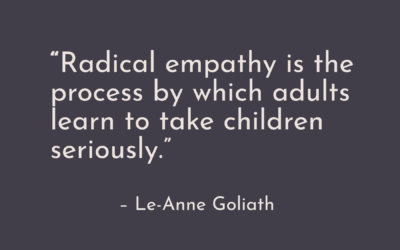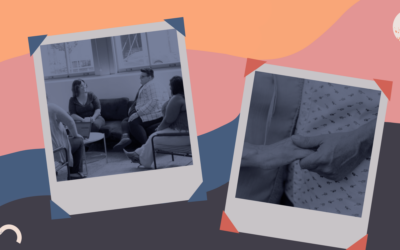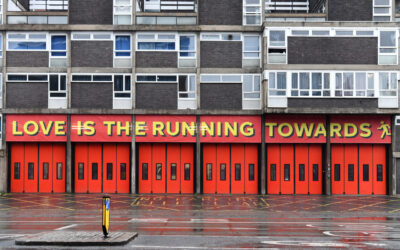In brief
As our plans to establish a Relational Practice Academy take root and grow, we’ve been thinking about ‘relational readiness’. In this blog, we share why we believe it to be an important concept, and ask for your thoughts on the markers of an organisation, community or system which is ‘ready’ to embed relational ways of working.
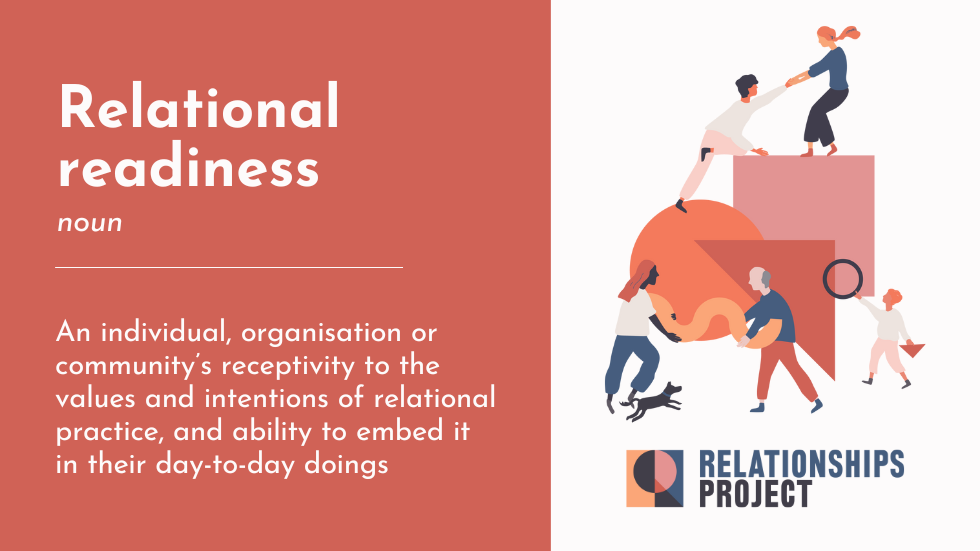
A quick google search of the term ‘relational readiness’ reveals a host of psychological and emotional skills required to engage in a successful interpersonal relationship. These skills include things like self awareness, emotional regulation and the ability to compromise.
No one needs a sociology degree to form and sustain a good relationship but nor should we assume that these things are instinctive. We think they are learned skills sometimes modelled for us, sometimes acquired through trial and error, sometimes, sadly, never fully understood.
We know also that while these personal behaviours characterise relationship-centred practice, they, alone, are not enough to liberate and embed this way of working. For relationship-centred practice to become deeply rooted in an organisation, community or system, those operating in these spaces need to be supported by processes, protocols and norms which support and enable relational ways of working.
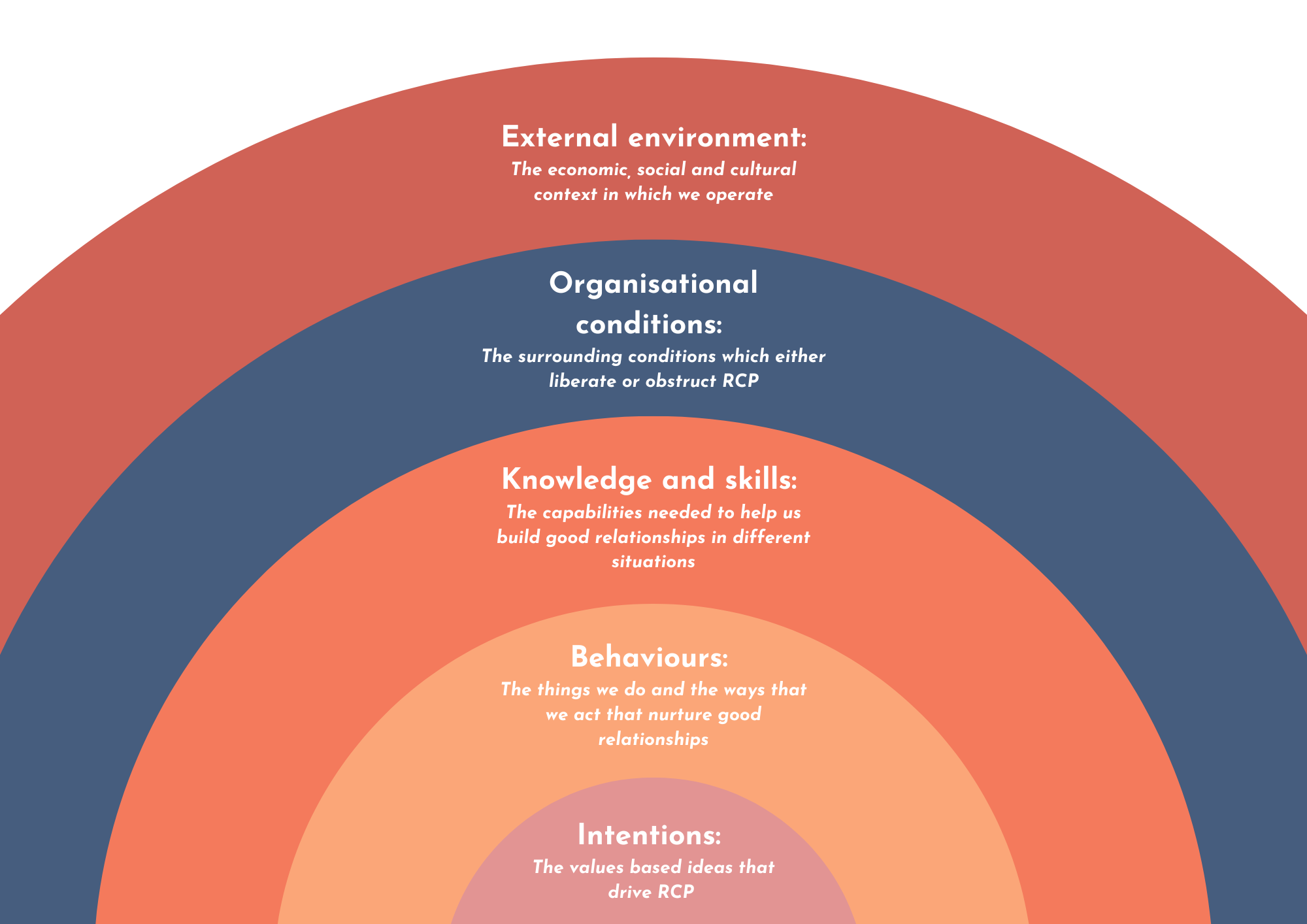
The work that we do in the Relational Practice Academy seeks to support organisations, communities and systems to develop these processes, protocols and norms, creating the organisational conditions which unlock relational intentions and enable relational behaviours.
Through our experience developing the Academy so far, and in the hundreds of conversations we’ve had with relationship-centred practitioners from across the field, we know that some places are more readily able and willing to embark on a journey of relational transformation.
Which leads us to ask: what are the indicators that an organisation, community or system is ready to embrace and embed relationship-centred practice?
We’ve begun sketching out some ideas and would love to hear your thoughts. Maybe you’ve tried to implement relational policies but come across stumbling blocks? Maybe you’ve successfully embedded relationship-centred practice in your organisation and are up for sharing how you knew you were ready to make changes? Or maybe you’re wondering how to tell whether your organisation is ready to start embracing relational ways of working?
Share your thoughts
We’d love to hear from you, either on the doc itself, in the comments below, by email (hello@relationshipsproject.org) or by joining us at an open Zoom conversation on Wednesday 22nd October, 12.30 – 2pm BST.
Our hope is that developing an understanding of ‘relational readiness’ will help the partnerships that we build through the Relational Practice Academy, and also support anyone championing relationship-centred practice within their organisation, community or system to identify the conditions that need to be nurtured in preparation for a relational transformation.
Wisdom and rebellion
Change across whole systems and communities is about individual behaviour AND it is about the structural context which can design out, or design in, effective relationships.
Behavioural change is about timeless truths, plugging into the wisdom of our ancestors as much as our own instincts. It is compelled from within, willing and dynamic, as much if not more than enforced from without.
Sustainable systemic change is essentially a radical effort and a team enterprise, overturning existing custom and practice, challenging processes and structures, challenging, creating and persuading. It is an act of rebellion.
Our training stresses the symbiosis. Wisdom and rebellion. This must also be reflected in everything we do from positioning and comms through to online resources, themes for community content etc.
A note on moral injury
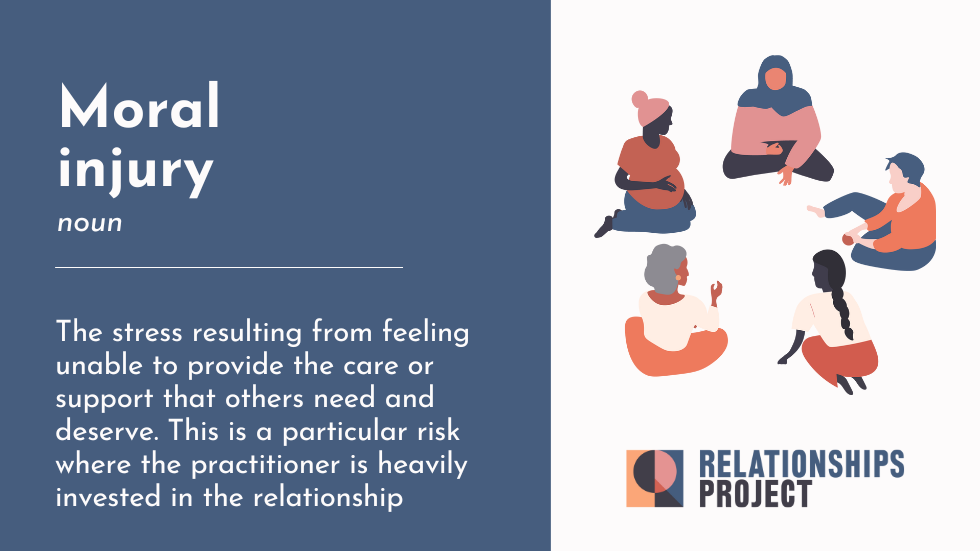
(For more definitions of relational terms, have a look at our glossary)
While we have a firm and unshakeable belief that everything works better when relationships work well, we know that intention and implementation are not always aligned. Too often, relationship-centred practitioners find themselves trapped in unrelational systems, prevented from working in relational ways.
As we have been developing the Relational Practice Academy, we’ve been thinking long and hard about potential unintended consequences of the work. A risk that we identified early on is that the Academy inspires individuals to embrace relational values and trains them in relational skills and behaviours, without tackling the contexts and conditions in which they operate.
The curriculum that we’ve developed places a heavy emphasis on the norms, protocols, processes and rules that shape our permissions to work relationally. And we think that developing a deeper understanding of relational readiness will help to further mitigate the risk of moral injury.
More from the blog
Taking children seriously: A radical empathy for our times
Le-Anne Goliath is a doctoral researcher in Social Psychology at the University of Sussex. Her research examines how radical empathy can foster resilience and a sense of belonging in children affected by trauma in schools. Originally from Cape Town, she has taught...
A birth and a knock to the head
When we’re unwell, how does the compassion that healthcare workers give (or fail to give) shape our experiences and health outcomes? In this blog, Rosa explores these questions, and shares two personal experiences that have shaped her thinking - (accidentally) giving...
Four signs: Love is the running to strangers
In this short, personal blog, David reflects on the power of kindness, and runningthrough fire.Early one morning "I’m leaving today." "Leaving?" I said, puzzled by the early morning call and pushing back sleep, "Where are you going?" "Leaving," she said slowly,...

